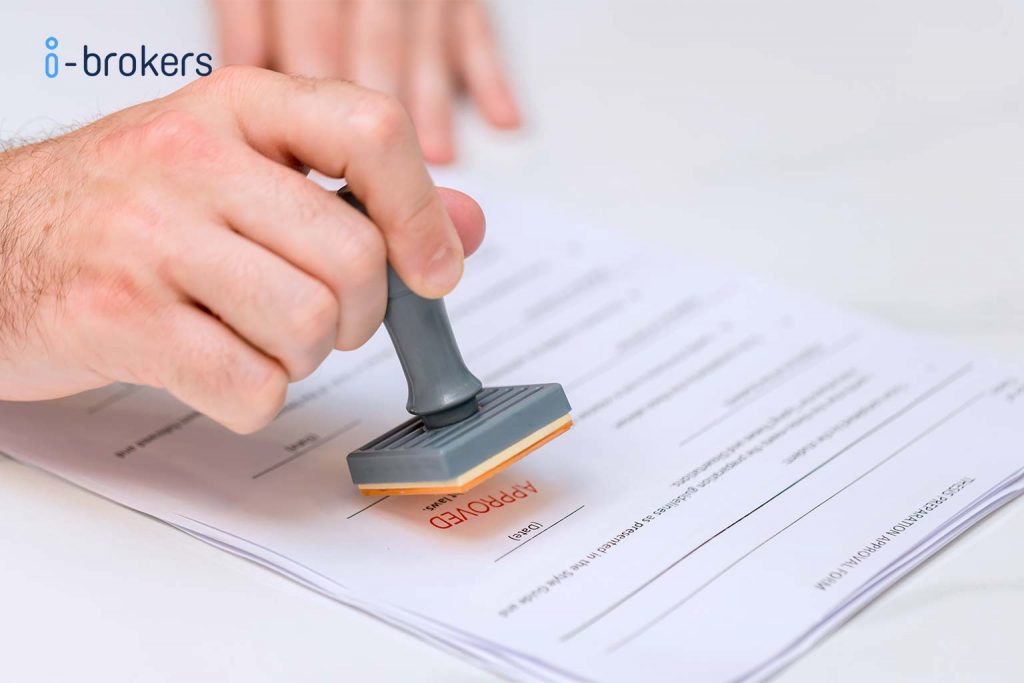Pre-authorisation (also known as prior-authorisation, pre-approval or prior approval) is defined as approval from a health insurance provider for certain medications prior to their coverage. Your health insurance or plan may require pre-authorisation for certain services before you receive them, except in an emergency. Pre-authorisation isn’t a promise your health insurance or plan will cover the cost.
In this blog post, we are going to share with you how pre-authorisation works, its benefits and what you need to consider when it comes to getting a pre-authorisation.
Categories of Medications that Need Pre-authorisation (Approval)
- Medications that become harmful in the event that they are mixed with other medications
- Medications whose their less expensive yet equally effective versions are at disposal.
- Medications that are utilized for particular medical conditions
- Medications that are frequently used for cosmetic reasons
You will only get medical coverage for medications that fall into the above categories following your doctor’s reception of prior authorisation from your health insurer.
The Mechanism of Pre-authorisation
Typically, your physician and your medical insurer deal with prior authorisations for prescribed medications. Your health insurance provider will notify you whether the coverage of your medications gets an approval or a denial or alternatively whether they need any additional details.
In the event that you are not satisfied with your prior authorisation procedure, you or your physician can opt for a re-examination of it. Occasionally, your physician may offer you an alternative medication that has the same level of effects but is less expensive. This happens before the approval of the prescribed medication.
Pre-authorisation Reviewers
People who are going to review your prior authorisations are physicians and clinical pharmacists trained at the health insurer.
Pre-authorisation in Cases of Emergency
You do not need to have prior authorisation in emergency circumstances. However, you still have to take into account the terms of your medical insurance plan for your coverage for healthcare costs in cases of emergency.
The Commencement of the Pre-authorisation Procedure
When it comes to a complex treatment or prescription, you need prior authorisation. The key to this is the earlier you start the prior authorisation process, the easier your situation becomes. It is best to ask your physician whether your prescribed drug needs prior authorisation. Therefore, they can initiate the procedure at once.
Acquiring Pre-authorisation
In general, your doctor will begin the process of prior authorisation by contacting your health insurer. The health insurance provider will examine your physician’s referral and subsequently either issue or reject the authorisation decision.
Sometimes, your health insurer will request your doctor for additional details so as to finalize their decision.
Pre-authorisation Denial
You will get the reply from your health insurer within 5 to 10 business days following the request of your doctor. If your prior authorisation request is denied, you or your doctor can ask for an re-examination of it. Meanwhile, your doctor might offer you another medication which has the same level of medical effects and that your health insurance plan covers.
Important Factors for Pre-authorisations
Your health insurer will review how important a specific medication might be when it comes to the treatment of your particular illness.
In the review process, the health insurer may proceed with another less expensive medication that is equally effective for treating your ailment.
Keep in mind that some medications are addictive and dangerous especially when combined with others that you might already be taking. Therefore, you need to ask your physician whether the medications offered to you are covered in your health insurance policy or not. Otherwise, request for another option.
The purpose of this is to save money on those medications that are excluded from your plan.
Benefits of Pre-authorisations
A key upside of prior authorisations is cost savings on pricey prescribed medications in that you will be offered a less costly medication that works equally well.
Another advantage is that it gives your health insurer an opportunity to go through your prescribed medications. This allows them to pinpoint any harmful or additive medication components that your doctor may not have been mindful of during the prescription.
A third benefit is that it serves as a way for your health insurer to control costs for costly medications.
Additional Considerations for Pre-authorisations
In addition to prescribed medications, particular health care treatments, services and supplies might need prior authorisation decisions. On the one hand, a medical provider is in charge of getting approval from your health insurer if you use the provider in the network of your health insurance plan.
On the other hand, you will need to take responsibility in acquiring the approval yourself if you do not choose a medical provider in the network of your health insurer.
Having no prior authorisation can put you in a position where you have to pay more out of your own pocket. Therefore, it is best to go through your insurance policy documents or alternatively dial the number on your medical insurance identification card if you need additional details about the supplies, treatments and services where prior authorisation is compulsory under your particular health insurance plan.
Takeaway
On the whole, your doctor will often have an idea if the healthcare you need is likely to require pre-authorisation. However, since your doctor cannot possibly keep up with all the plan details for all their patients, it’s a good idea for you to look out for these possible scenarios. Asking your insurer and your doctor if a prior authorisation is necessary is always a good idea.


